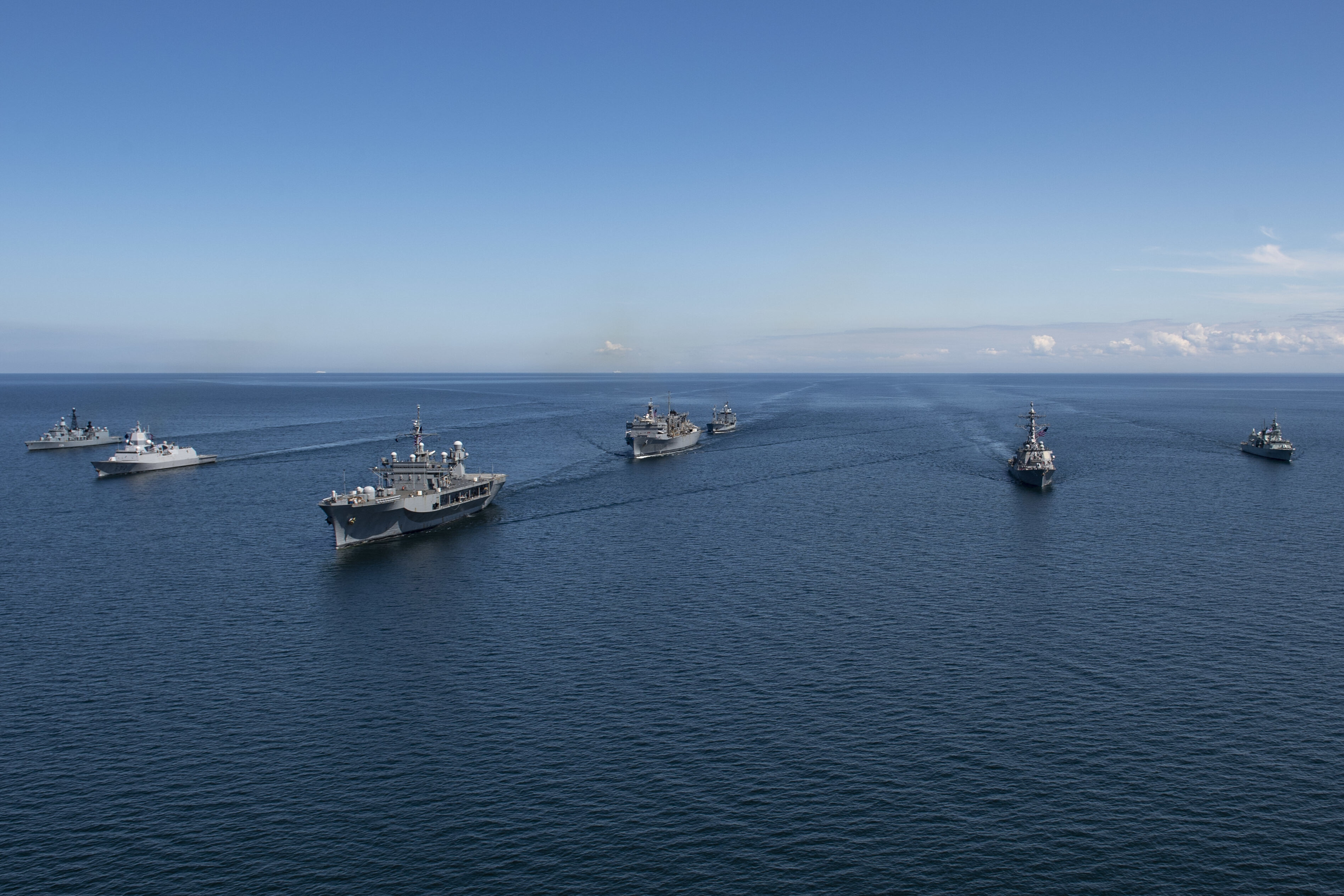By Andris Banka, researcher in political science and expert for NATO and Baltic Sea region security architecture; Questions by Alexander Drost, coordinator of the IFZO, 18 June 2020.
1. Donald Trump has repeatedly called out Germany for not spending enough on defence and recently announced to reduce the amount of American troops stationed in Germany? Can President Trump easily do so?
As a policy matter, ordering the drawdown of forces in Germany, is well within President Trump’s jurisdiction. In US based system, the President is equally commander-in-chief, therefore he can move troops as he pleases. Will it actually materialize, is a whole another question. NATO is the one issue area where even his most ardent Republican supporters, who otherwise grant him unconditional support on domestic matters, are willing to push back. He has proven to be highly gullible President, changing his policies from day to day. Quite often, he does not have the patience to carry out his own pronounced plans and with time they simply fizzle out. For this reason, nothing is final just yet.
2. What impact this could have on the NATO military structure in the region?
In purely strategic terms, the impact would not necessarily be dramatic. Let’s recall that in the past 20 years this is not the first time the US has reduced its military personnel on the European continent. The reason why this has generated such controversy today is the manner it was done. Previously, when the US side sought troop drawdown, it did so in close consultations with allied governments. In the US, such policy proposals went through a proper interagency process where both pros and cons were debated. This time, the policy proposal came in a form of a rash announcement, without any prior knowledge on the part of NATO. It is the style in which it was carried out, by a sudden and unilateral announcement, that does most of the damage here. It only further diminishes already significantly eroded trust in the US as a security actor in this region.
3. In earlier interviews and tweets, Trump mentioned that he would move the troops to Poland? Is this possible and likely?
This is a possibility. Apparently, there is a scheduled meeting at the White House next week between President Trump and Poland’s President Andrzej Duda. Something of this nature could come out it. Troop location more towards the East would be welcomed by Poles as well as the three Baltic countries. That being said, this kind of bilateral dealing carries the risk of creating friction among NATO allies. If Poland manages to convince Trump to move some of the US troops on its own soil, it has to be careful not to damage its relations with Berlin. Poland can have a short term victory here, but negative longer term consequences could follow.
4. Did Russia actually react to Trump’s announcement?
Indeed, Moscow reacted swiftly. Since Russia has for years complained that NATO is encroaching upon its borders, the announcement of limited US troop withdrawal from Germany was naturally welcomed by the Russian authorities. The Kremlin clearly desires to see lighter US military footprint in the region. Stories like this also play well in Russia for domestic audience purposes, since the government can claim that there are profound disagreements within NATO and the transatlantic link is being weakened.
5. President Trump has also argued against the Nordstream-project, which he tries to prevent to materialize. How does this impact NATO alliance?
This is an interesting and ongoing issue. Here, the approach of the Trump presidency is not that different from his predecessor’s (Barack Obama) who also tried to put pressure on the German government not to follow through the Nordstream-project. On this particular topic, both Poland and the Baltic states have sided with Washington by arguing that the gas pipeline is not a commercial project but rather a tool that advances Russian geopolitical ends. At this point, however, it seems too little, too late to be derailed.
6. What are the regional implications of the upcoming US presidential elections this November?
The 2020 US presidential election will have profound implications for the Baltic Sea region. While most countries in the region have diplomatically suggested that they are quite fine with the Trump administration, privately, they all admit that November 3 (election date), cannot come fast enough. If there is one consequent policy pattern that one can discern out of Trump’s years in the White House, it is that he loathes multinational organizations and binding international agreements. His personal instinct has always been that NATO allies drain American power and serve no national interest. If re-elected to a second term, many fear that he could announce US withdrawal from NATO. That would be a decision of profound consequences for the region.

